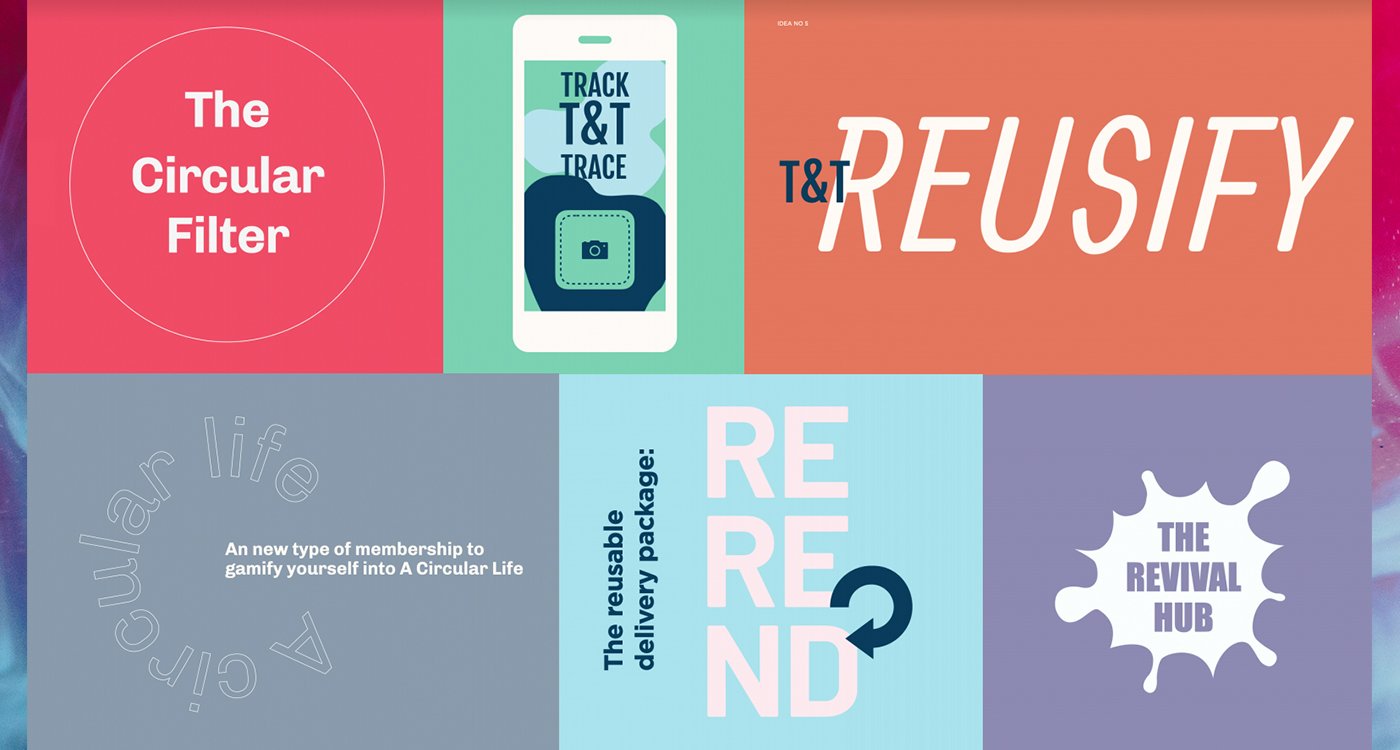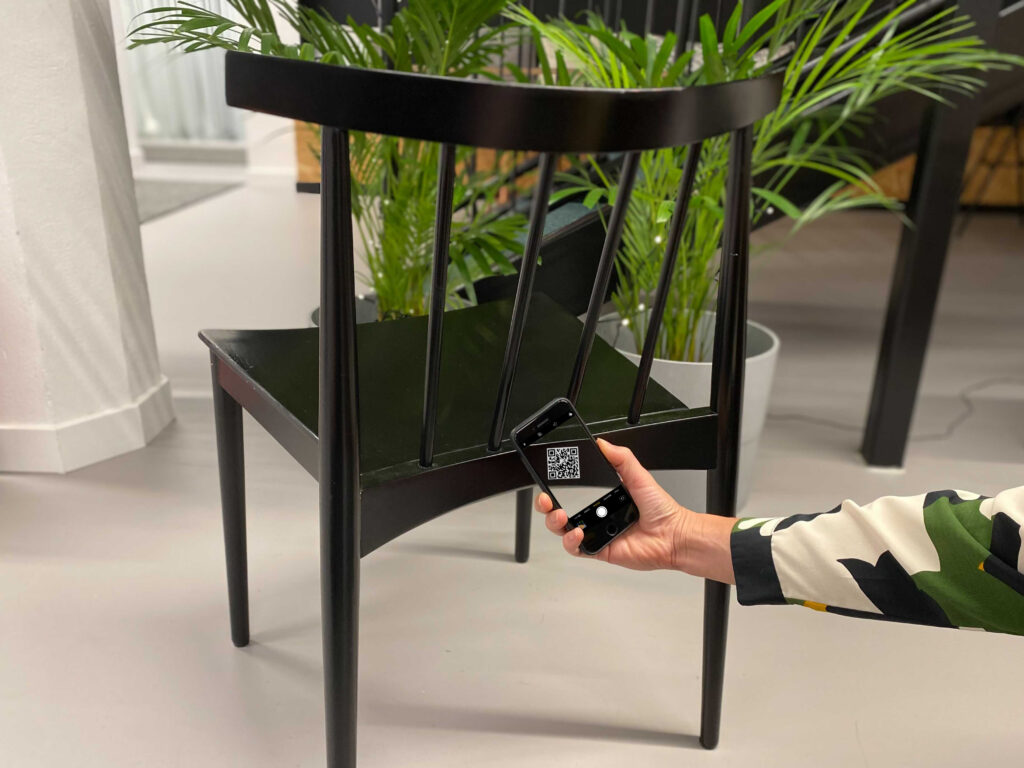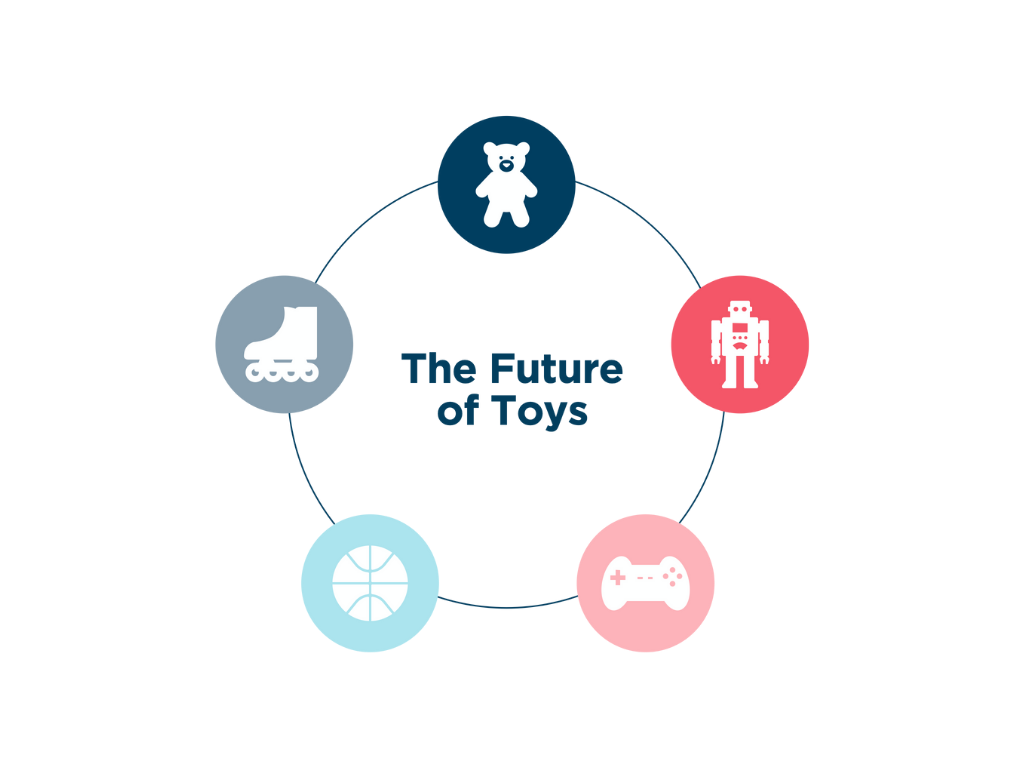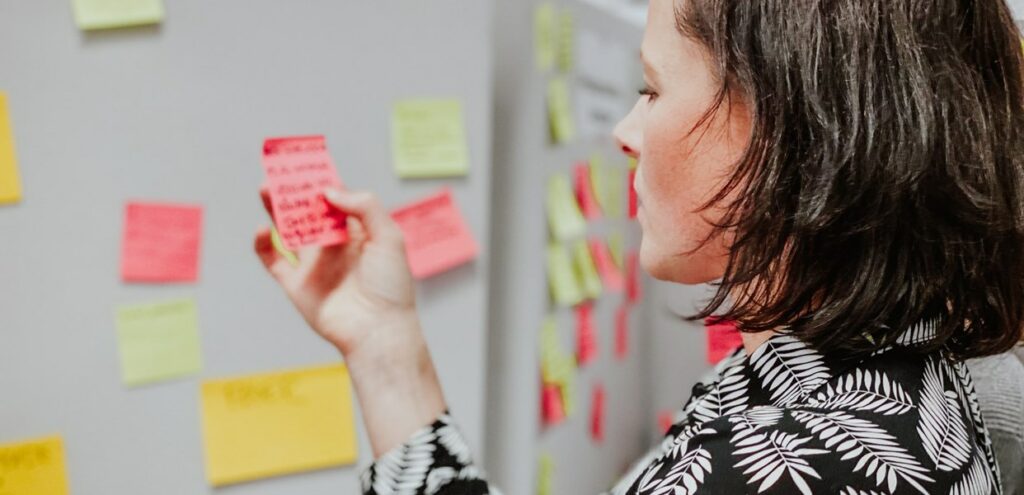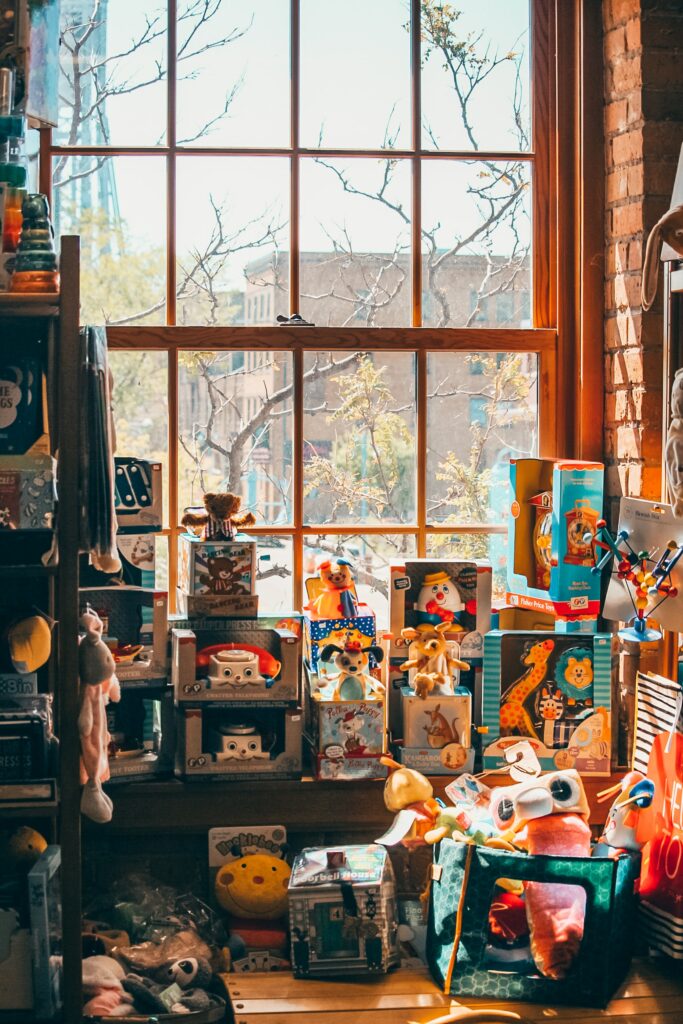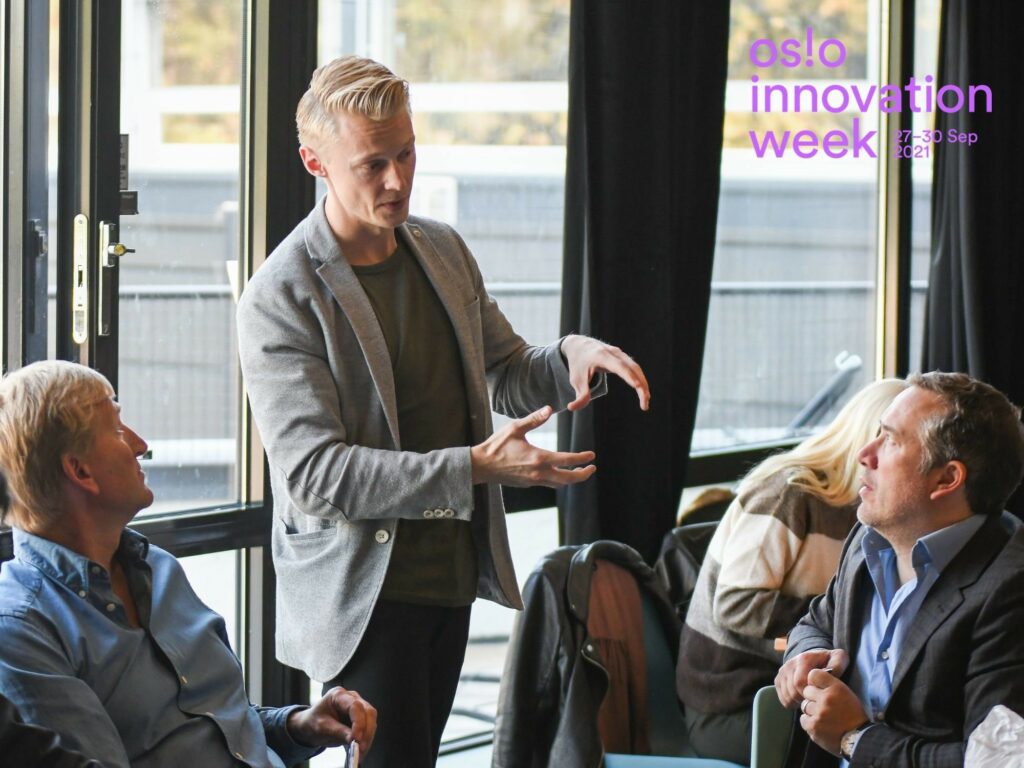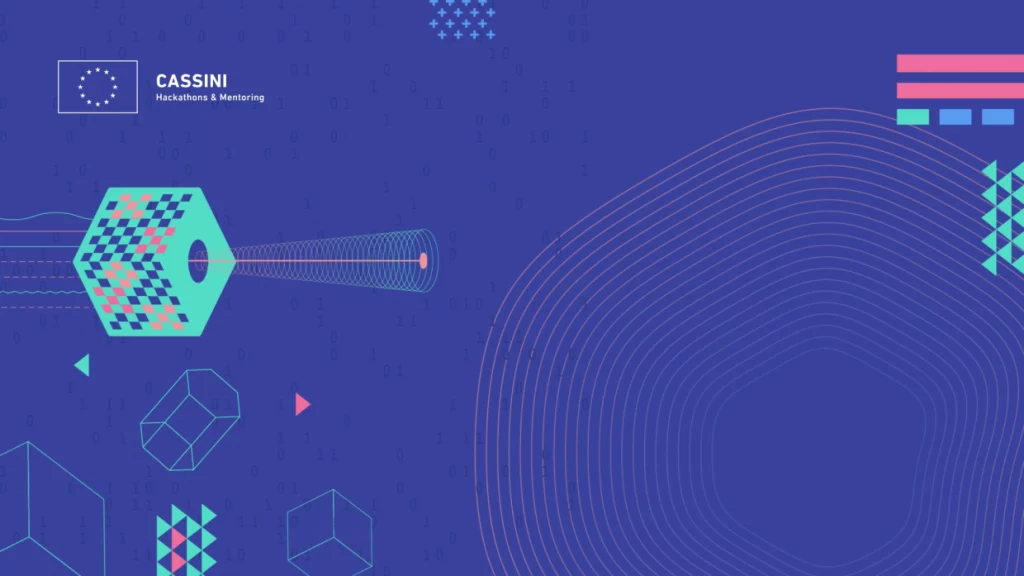The LOOP Lab series on circular e-commerce: – Circular consumption should be preferable, something that you actually choose
At a recent LOOP workshop series on how to make the e-commerce circular, participants got to create a future scenario of a more circular e-commerce in the Nordics.

Written by: Benedicte Tandsæther-Andersen, Startup Norway
On a regular morning of a regular weekday not far from now, you might get out of bed and dig through your drawers – before you realize all your T-shirts are in the wash. As reality hits you, you understand you will have to turn to the internet. Luckily, your favorite clothing store has recently started offering a new service: Customers can now filter a store’s products on circularity and buy products that once were owned by someone else. Or perhaps they are recycled – meaning that they are new products made from reused fabrics. You click your way through the webshop and before you have had your morning coffee, you have ordered a T-shirt through the webshop’s circular service.
These were two of the futuristic scenarios presented at a recent workshop series, ‘Nordic LOOP LAB – building circularity into e-commerce’. Organized by the Nordic network LOOP, the workshop series was part of their larger ambition for implementing a circular economy in our lives. But why do these scenarios sound so simple?
– Circular consumption should be preferable, something that you actually choose, said Linda Glad, Sustainability Designer at Antrop.
Because while e-commerce is big today, the predictions say that we should expect e-commerce to be twice as profitable in 10 years. This will undoubtedly shape our communities and the average shopper’s mindset.
Brainstorming circular solutions
With a community and a mindset tuned in to making lasting change, LOOP hopes to help startups and corporations create sustainable solutions for the future. LOOP works in four countries: Antrop (Sweden), Verona Growth (former Avanto Ventures) (Finland), Agens (Norway), ArtRebels (Denmark), and Startup Norway (Norway). LOOP is supported by Nordic Innovation. Startup Norway has joined this project together with Agens to work on a Nordic level to support more companies going circular.
Through LOOP, companies can get help with piloting and scaling their circular business model idea: They can test with customers and get feedback on the business model.
Over 40 people representing corporates, startups, growth companies and public organizations joined the LOOP team in the workshop series to figure out how circularity can be brought to e-commerce. All 5 Nordic countries were represented in the workshop, which was facilitated by the LOOP team, using design thinking methodology. As part of the workshop series, the LOOP organizers put participants into groups that then went on to discuss and develop ideas – and then concepts – within the circular economy. Even big companies started out with little else than ideas at one time, and so the groups went to work on how they would innovate e-commerce.
LOOP received many suggestions on how businesses can create circular solutions, and what kind of features should be part of each service. The futuristic scenarios you read about in this article are indeed the same ideas for solutions: They are by no means fully developed at this point, but serve the purpose of making people consider their own power as consumers.

The many ideas participants at the LOOP Labs came up with during the days of brainstorming and working in groups.
Creating sustainable ways of e-commerce
With the increasing online shopping, many have also felt concerned about the sustainability of it all: When you can get any product delivered to your doorstep less than 24 hours after you ordered it, can you also be sure the most sustainable choices were made when producing, packaging, and delivering the product? And what about your own choice of shopping online rather than going for a local product, or a recycled one?
Of course, shopping online does not mean the products aren’t shopped locally, or not part of a recycling solution. But a large part of making sure sustainability is on the agenda of both physical and online shoppers alike is making sure sustainable alternatives are accessible to everyone. For a change to be a benefit rather than a ‘threat’ to our lives, innovative businesses and initiatives have to approach consumers the right way.

Changing shopping habits
In the same future where you are ordering sustainable T-shirts and researching your coffee mug’s history before it came to you, you will also be able to return products to the shop where you once bought them. The shop will then decide on whether they can resell the product after cleaning it, or if the recycled parts should be used for a new product. This service will for example apply to your shoes, your phone, or a dining table you no longer have room for. In fact; this return-based service has already been made possible within several shops: Similar to the container deposit you get from returning soda cans and bottles so they can be recycled and reused, you can get a deposit by returning products you no longer have a use for. By returning your old mobile phone once you are getting a new one, you can “pay” for the new phone. The materials within your returned phone can be used for another tech, or the phone can be sold at a lower price.
As for your future daily life – where you run into situations that make you consider how sustainable each choice is – there might be an app for that! In this app, the user will find ideas, suggestions, and recommendations on how they can make a sustainable choice. As a way of making sure people truly adapt to the circular way of life, there might even be some gamification embedded in the app. Then, the user can collect points and compete against others – before trading their points for goods such as secondhand products, paying a lease, or pay rent.
In this article, you have read about several ideas that have not yet been put into production. All the same, we are quite sure you would like to see them in your local community! While the vintage shops in many cases have found their ‘homes’ outside the big malls, these shops of unique products are often not as immediately accessible. Making sustainability a reliable choice to depend on means making it desirable – even when it’s snowing and raining outside the mall. So how about giving the vintage and antique shops access to the mall? Such simple actions can mean a world of difference (literally) for your shopping trip. There is undeniable solidarity in the work that goes into making our world more sustainable, where a side-effect will be more informed customers. We can’t wait to see this future become our present – as that surely will be a present both for us and future generations.
The article was originally published at https://startupnorway.com/article/the-loop-lab-series-on-circular-e-commerce
LOOP is an ecosystem taking circular economy from strategy to action. Contact us if you want to explore new opportunities, take your circular service to the market with agile methods or hear about the next LOOP Labs.
